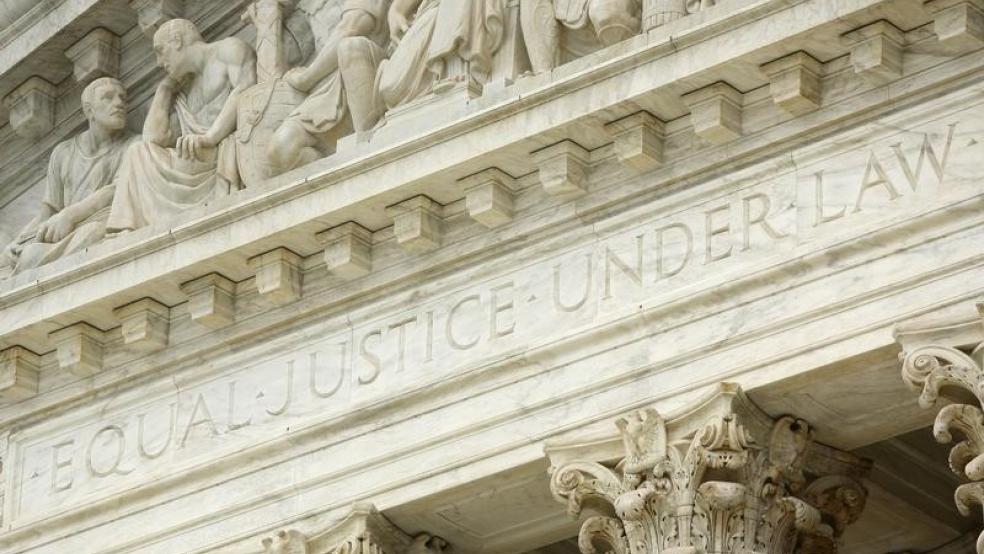WASHINGTON (Reuters) - The U.S. Supreme Court on Monday appeared likely to side with a church in Arizona that objected to a local ordinance that restricted what it could say on signs notifying the public about worship services.
During a one-hour oral argument in the free speech case that touches upon religious rights, justices from both sides of the political spectrum on the nine-member court voiced support for the Good News Community Church, which is locked in a dispute with the town of Gilbert.Based on questions asked by the justices, it would appear the court is likely to find the ordinance violates the church's free speech rights as protected by the U.S. Constitution's First Amendment. But the court is likely to leave local governments with some leeway to regulate signs.The 2008 Gilbert ordinance has different categories, based on content, that determine the size of the sign, where it can be placed, and how long it can be displayed.The church's signs were deemed to be event signs, which meant they were treated differently from those displaying political and ideological messages, its lawyers said. The church's signs could not be as big or displayed for as long a time as other types of signs.Under court precedent, local governments can regulate signs for either safety or aesthetic reasons. But the justices signaled the town had made a mistake by setting up different categories based in part on the content of the message being conveyed.Justice Elena Kagan, one of the liberal justices, seemed to summarize the view from the bench when questioning the town's lawyer, Philip Savrin."You are essentially saying, 'Yes, we generally dislike clutter, but we're willing to make exceptions for clutter for speech that we think has special First Amendment significance,'" she said.Another liberal justice, Stephen Breyer, had a similar response when Savrin said that the church could potentially erect larger signs under a category that allows for ideological messages but would be prohibited from giving directions to the service."Well, my goodness ... it does sound as if the town is being a little unreasonable, doesn't it?" Breyer said.The Supreme Court is reviewing a February 2013 ruling in which the 9th U.S. Circuit Court of Appeals rejected the church's challenge. A ruling is expected by the end of June.The case is Reed v. Gilbert, U.S. Supreme Court, No. 13-502. (Reporting by Lawrence Hurley; Editing by Will Dunham)U.S. justices indicate support for Arizona church in free speech case

© Jonathan Ernst / Reuters



